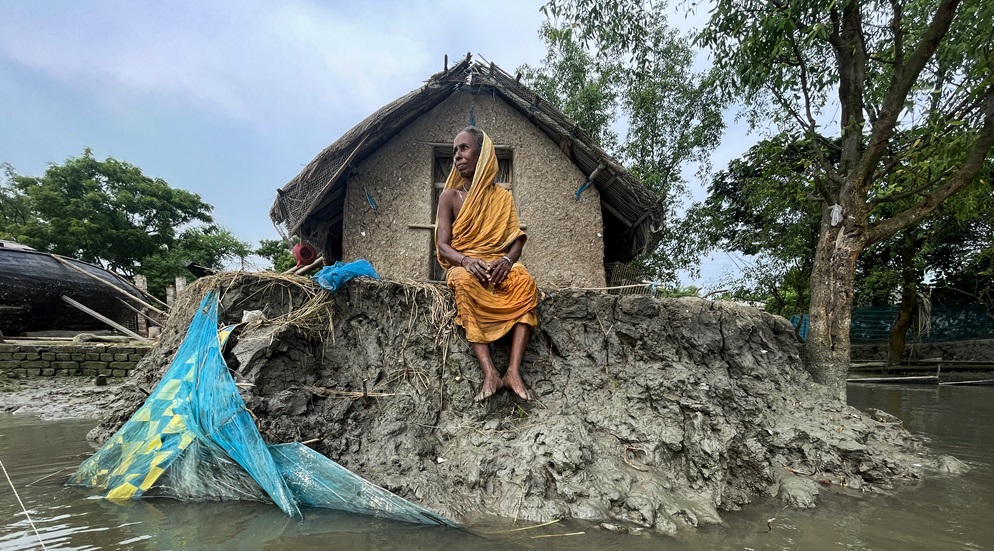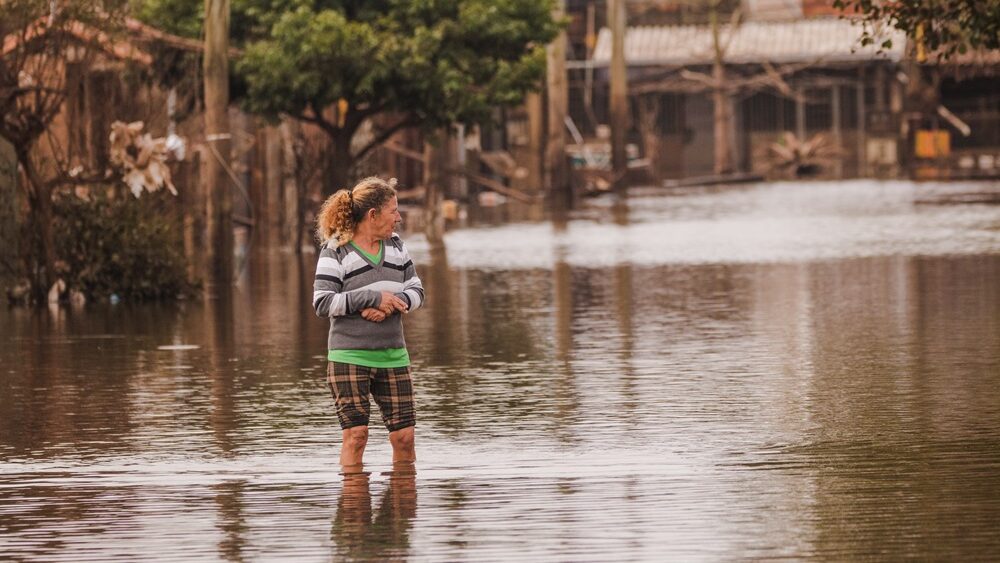Pacific Regional Dialogue of the Climate Vulnerable Forum
Ministerial Segment
Statement by Prof. Walter Kaelin, Envoy of the Chair of the Platform on Disaster Displacement
3 September 2021
Chairperson, Excellencies, Ladies and Gentlemen,
On behalf of the Chair of the Platform on Disaster Displacement, the Government of Fiji, and the Envoy of the Chair, Prof. Walter Kaelin, let me thank you for the invitation to take the floor in my capacity as Regional Adviser of the Platform on Disaster Displacement in the Pacific.
The PDD is a State-led initiative focusing on the implementation of the Nansen Initiative Agenda for the Protection of Cross-Border Displaced Persons in the Context of Disasters and Climate Change. We work towards better protection for people displaced in the context of disasters and climate change as well as more effective prevention of such displacement. We are proud to be a partner of the Climate Vulnerable Forum. We are pleased to engage with CVF countries, particularly today at Regional Dialogue of the Pacific. We are happy to see Fiji, a member of our Steering Group and current Chair of the PDD participating in this important event. We hope that our engagement and partnerships in the Pacific on activities to improve knowledge on climate-change related displacement, the sharing of effective practices, and developing effective policy responses will draw attention to the need for bold action on disaster displacement.
We all know that the impacts of climate change, including displacement, are already occurring. Displacement in the context of climate change is happening in all regions of the world, and in particular in the Pacific. According to the Internal Displacement Monitoring Centre, in 2020 alone, Fiji experienced 37,000 new displacements due to disasters, while Vanuatu experienced 80,000, all of which occurred in the context of extreme weather events exacerbated by climate change. The IPCC points to the risk for small island developing states of rising sea levels and the increased intensity of tropical weather events such as cyclones, which combine to create a higher probability of extreme sea level events and inundation of island settlements – all if we don’t take ambitious climate action. These huge challenges can only be effectively addressed if we use all available policy tools to prevent and address displacement in the context of the adverse effects of climate change:
- We need determined action on reducing greenhouse gas emissions to mitigate the impacts of climate change, in order to reduce displacement risks;
- We need to strengthen our efforts to help people to stay where possible, and help them to move when necessary or desired. This means scaling up adaptation and disaster risk reduction measures and ensuring that displacement risks and human mobility challenges are included in adaptation planning; and,
- We need to improve efforts to address the protection and assistance needs of persons, whether displaced within their countries or across borders, and find durable solutions for them when climate change-related displacement cannot be avoided and amounts to loss and damage.
Ahead of COP26, through these Regional Dialogues, it is timely to launch another, joint, call for robust and ambitious climate action. Addressing displacement in the context of climate change will require the incorporation of displacement risk assessments and preparedness into climate change adaptation planning and policies as well as the Santiago Network on Loss and Damage. It also requires ambitious climate finance to catalyze action and support for countries and communities who are most vulnerable to the adverse effects of climate change, cutting across mitigation, adaptation, and loss and damage. And finally, it is crucial to systematically and explicitly integrate and mainstream displacement considerations in all aspects of climate action.
We stand ready to support you in our joint efforts. I thank you.
Cover photo: © Kurt Cotoaga/Unsplash.com





